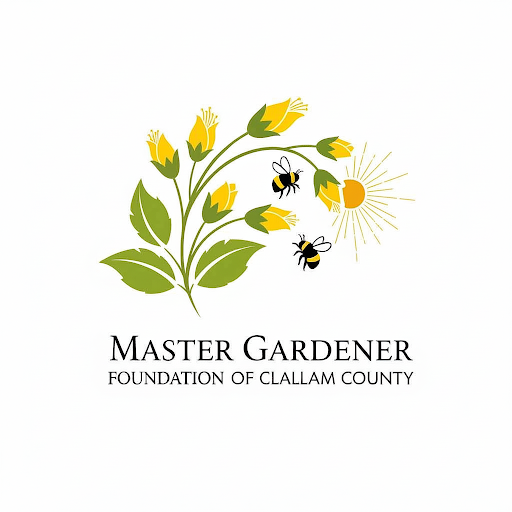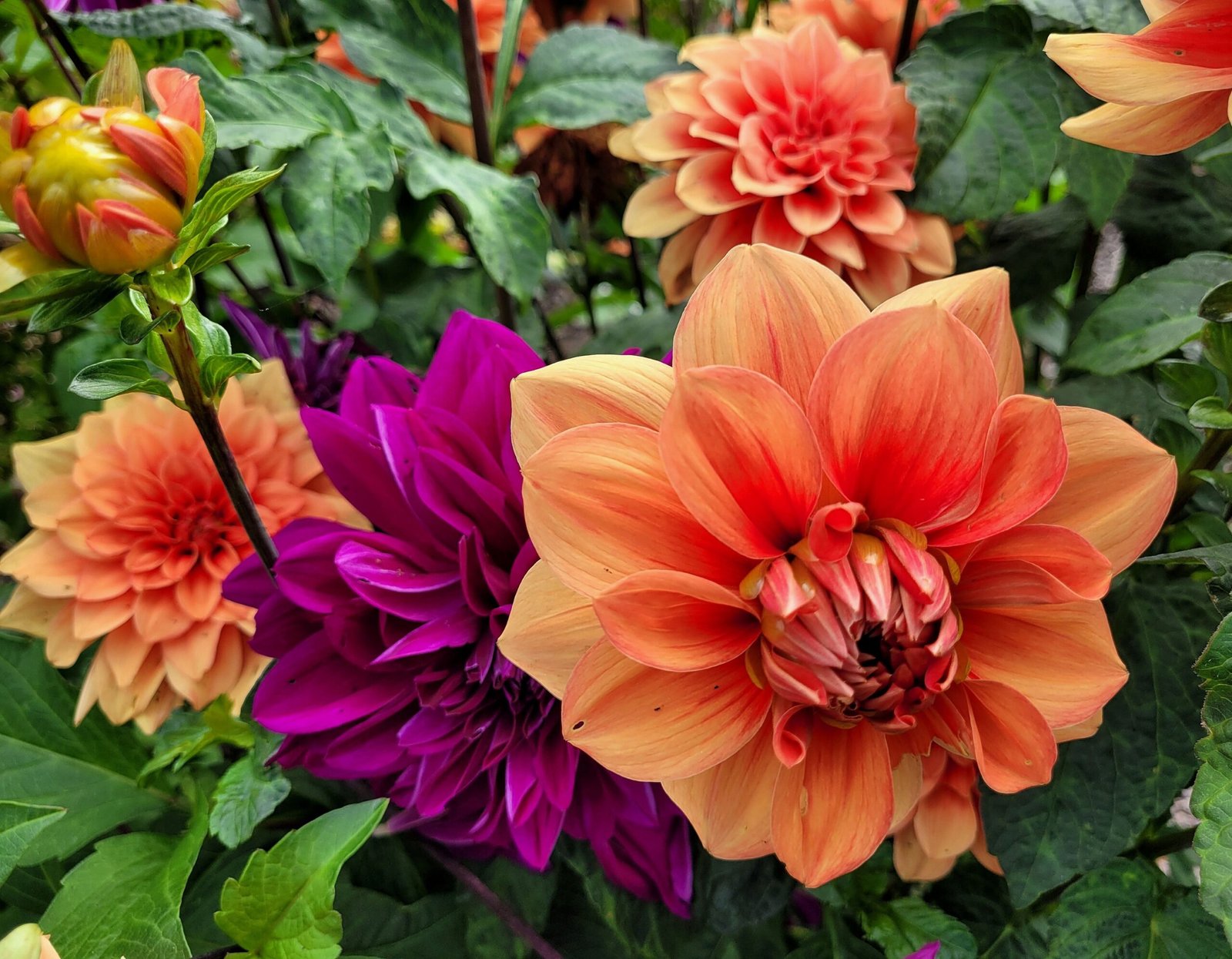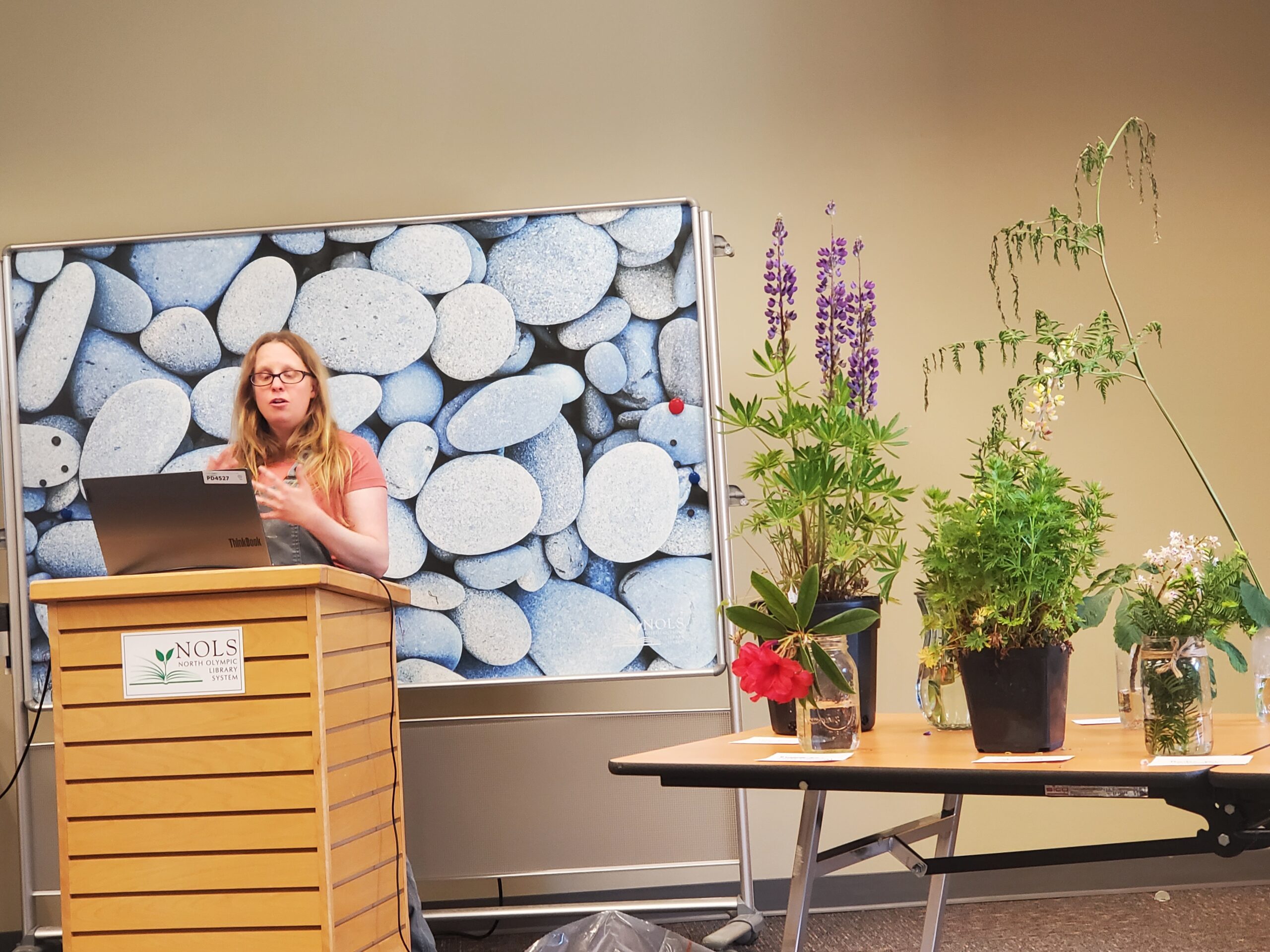Master Gardener Foundation of Clallam County

The Master Gardener Foundation of Clallam County (MGFCC) is a non-profit volunteer organization that serves the people of Clallam County on the Olympic Peninsula in Washington. The mission of the Foundation is to educate individuals in applying horticultural science to manage their landscapes and gardens in a science-based, sustainable manner, and to utilize Demonstration Gardens as resources in this pursuit. The Foundation accomplishes this through its partnership with the Washington State University (WSU) Master Gardener (MG) Program, local community professionals and organizations.

What’s Happening Now
2026 MASTER GARDENER FOUNDATION GARDENING CALENDAR
NOW ON SALE! FOR ONLY $5!
Filled with timely gardening advice including monthly tips and recommended planting times and vegetable varieties for the North Olympic Peninsula. Find information on all WSU Master Gardener activities and programs.
Available in Port Angeles at the WSU Extension Office, Fiddleheads Home & Garden, and 5th Street Community Garden (on Tue mornings through mid-October and at the September 2nd Saturday Garden Walk) and in Sequim at the Woodcock Demonstration Garden (Thursdays 10 am to noon and when public activities are scheduled.)
Proceeds from sales help support Master Gardener Program activities.


Green Thumb Lecture Series
We hold a regular lecture series on seasonally appropriate gardening topics. Held at noon on recurring Thursdays. We have set the series up at the St. Andrews Episcopal Church in Port Angeles.
A convenient and efficient way to get your gardening fix. And… it’s free!
Upcoming Events
Events Across Clallam County:
We host a wide range of events across the county and throughout the year. Check in regularly to see what’s coming!
- Educational Outreach: The Green Thumb Lecture Series & Digging Deeper Saturdays.
- Garden Walks at both Woodcock Demonstration Garden & Fifth Street Community Garden
- Spring Plant Sale: coming the first weekend in May
- Garden Tours: Petals & Pathways
- … and more. We look forward to seeing you at some of our events.